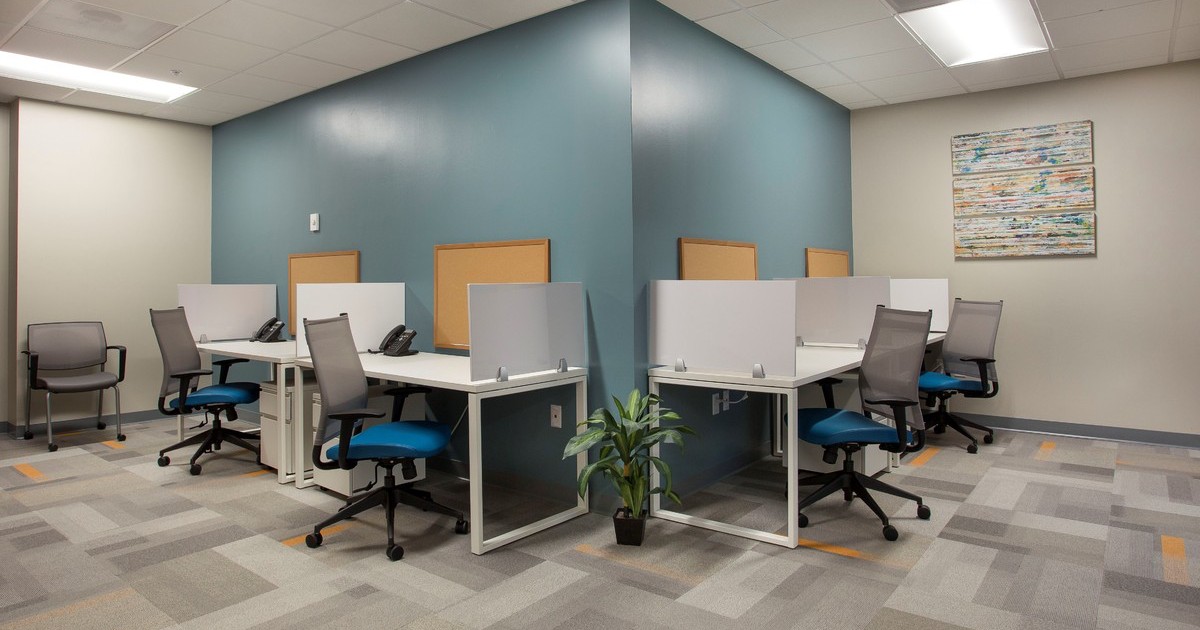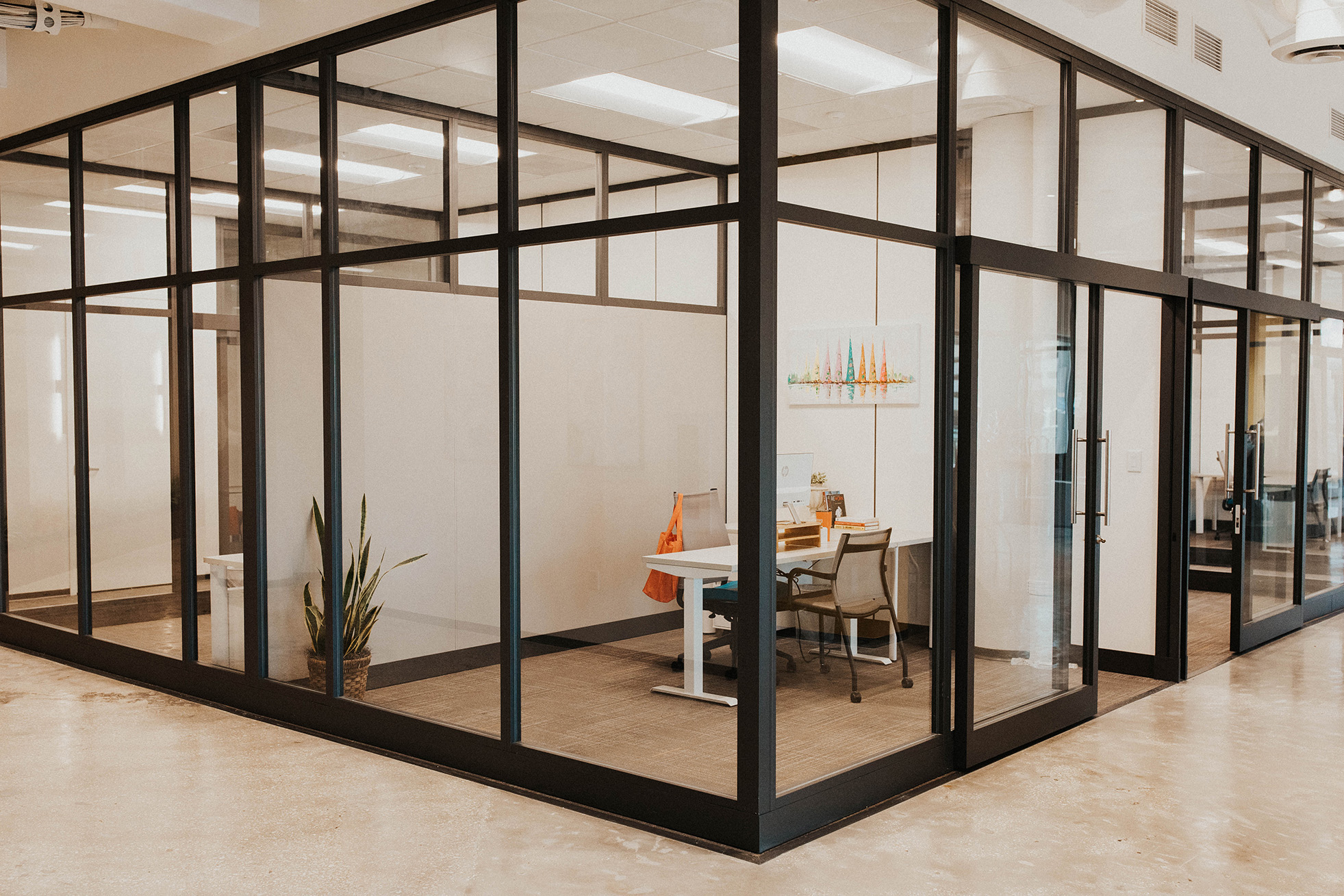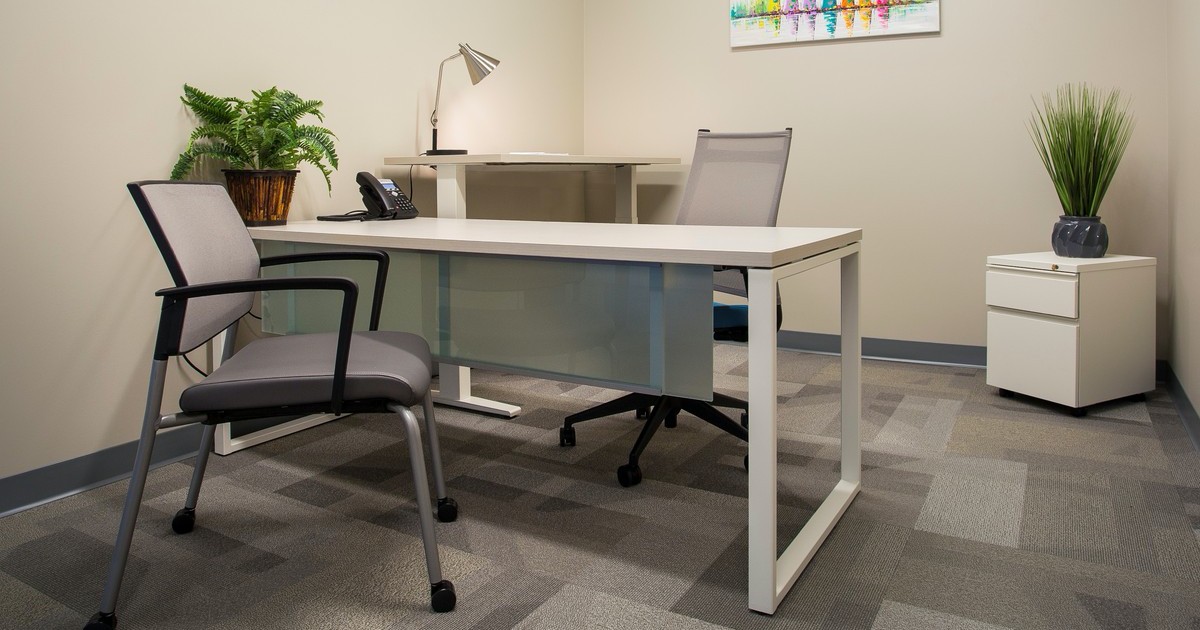
How Coworking Impacts Your Taxes
Coworking spaces offer a growing number of benefits to freelancers, from professional image building to higher productivity, and you can add tax advantages to the list. Paying for office space comes with a multitude of tax benefits, especially for anyone who doesn’t want to overcomplicate the math.
Here’s what you need to know about how coworking affects your freelance taxes.
Are Coworking Memberships Tax Deductible?
Freelancers and solopreneurs usually fill out a Schedule C form during tax season, which lists out all of their tax-deductible business expenses for the year. One item on the Schedule C form is “Rent,” and coworking falls under this category.
Freelancers who work from home are allowed to deduct a percentage of their rent or mortgage under this category. This percentage is based on the square footage you use for your office (ex. If your office space is 100 square feet in a 1,000 square foot home, then you could deduct 10% off your rent or mortgage). This percentage also carries over to utilities, such as power, internet, and water.
However, many freelancers do not have a dedicated home office and instead use their kitchen table, living room couch, or even a desk stashed in a spare corner. This makes it difficult to calculate square footage for tax purposes, which means you could either overestimate your expenses or end up leaving money on the table. For a home office to be tax-deductible, freelancers must be able to prove that their expenses account for more than two percent of their adjusted gross income.
If you’ve transitioned from your home to a coworking space, calculating your office tax write-off is easier. You can deduct the full amount of what you pay for your membership under the “Rent” category on Schedule C, plus you’ll have the receipts to back up your deduction.

Other Tax Dos and Don’ts When Using a Coworking Space
Aside from your coworking membership dues, there may be other expenses associated with your office space you can write off on your taxes. Some of the most common items include conference room rental fees, printing fees, networking events, business mailbox or physical address, and live answering services.
One of the biggest advantages is that you don’t need to keep track of separate bills when using a coworking space — rent, utilities, and maintenance are all included in a set monthly cost.
However, the IRS is specific that not all coworking “expenses” may be deducted from your taxes. Two of the biggest items that shouldn’t be included are parking and the cost of your commute (e.g. mileage, gas, etc.). Also, any food you purchase while using a coworking space is not tax-deductible, unless it’s a business lunch or snack for business purposes.
Office Evolution facilities offer free on-site parking to keep commute costs to a minimum, as well as complimentary coffee and snacks to reduce non-tax deductible expenses.
Find the Office Evolution location nearest you and start maximizing your office-related tax deductions!